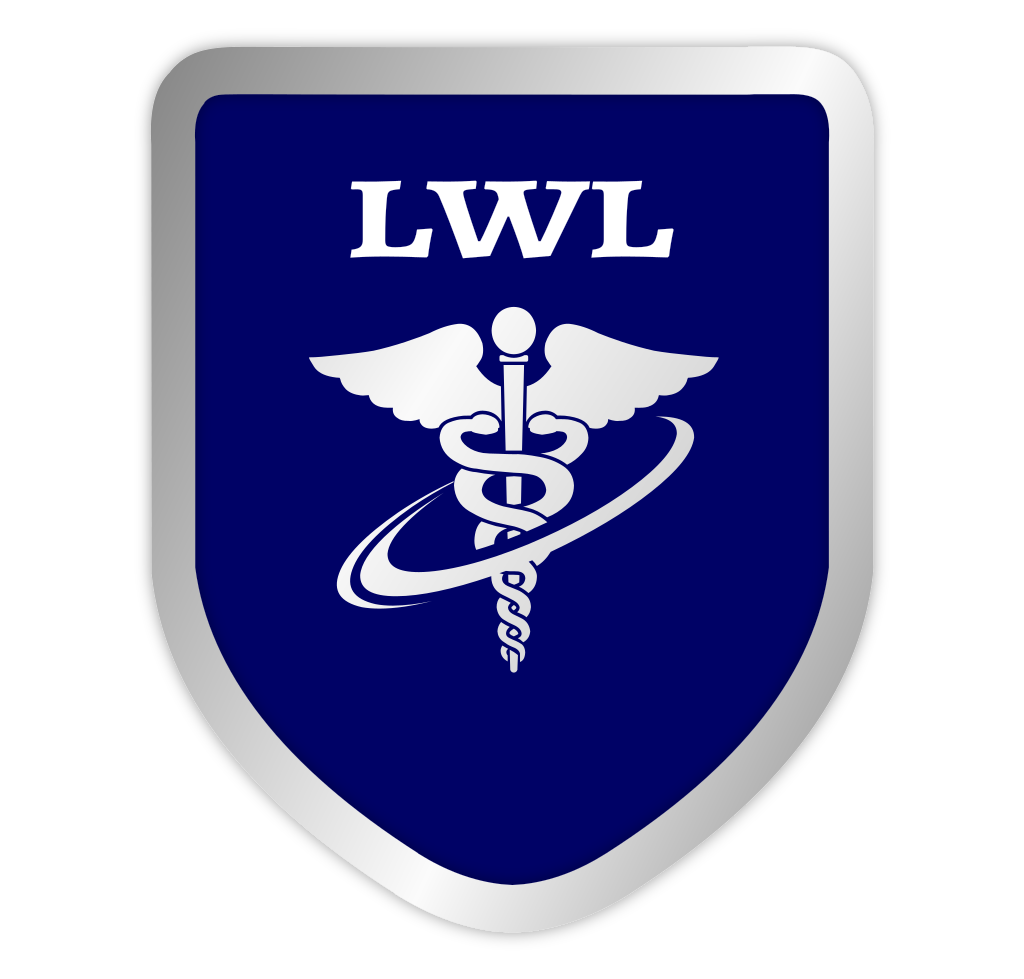What does a healthy breakfast look like?
“Breakfast is the most important meal of the day.” I’m sure you’ve heard this many times before. I am a proponent of intermittent fasting (see my prior blog post on this and also this article in the British Medical Journal), so I don’t entirely agree with this statement, but for some people, eating breakfast is important to their health and also to their weight loss journey.
However, the question remains, just what is the best type of breakfast to eat for weight loss or maintenance if you are eating breakfast? Should you start your day with something “light” such as a high-fiber cereal, yogurt, or oatmeal? Or is the classic eggs, bacon, and sausage breakfast the right way to go?
To determine what food provides the best fuel for our day, we need to look at what happens in our bodies overnight. After dinner (if you don’t have a post-dinner snack), about 10 hours into the overnight fast, your body starts breaking down fat to use for energy. If you decide to skip breakfast and not eat until 16 hours after your last meal, your body will continue to burn fat for energy for the next 6 hours. But what if you decide to eat breakfast – does that mean your fat-burning from overnight will come to a halt?
It depends on what you decide to eat. If you have a breakfast that is high in carbohydrates, such as cereal, fruit, granola, sweetened yogurt, or oatmeal, your body will break down these foods into sugar, and thus your blood sugar will rise. In response, your pancreas will release insulin, the hormone in our bodies that regulates blood sugar. Insulin will bring your blood sugar back down into a normal range, but it will also signal to your body that food is available, which turns off the fat-burning that started overnight. Although you will have revved up your metabolism for the day, you will have turned off fat-burning and turned on sugar-burning. You can see how this will not be optimal for weight loss.
I know many of your will wonder whether this principle applies if you choose a low-sugar, high fiber cereal, or if you choose steel-cut oats without added sugar. These foods are considered complex carbohydrates, meaning they do not raise your blood sugar as much or as quickly as simple carbohydrates, such as sugary cereals, fruits, or pastries. While this is true, these foods are still carbohydrates, meaning they will still stimulate insulin release, which will turn off fat-burning as we discussed earlier.
What if you started your day with a low carb, adequate protein breakfast instead? By starting your day with no or very few carbohydrates, you are not stimulating any insulin release, allowing your body to remain in the fat-burning state that it entered overnight. And by having an adequate amount of protein at breakfast, you are providing a rich source of energy that boosts metabolism and keeps you feeling full for most of the morning. Why do I say “adequate protein” and not “high protein” breakfast? Too much protein can also stimulate insulin, so I don’t recommend a very protein-heavy breakfast such as eggs, bacon, and sausage, either. Some examples of low carb, adequate protein breakfasts include a vegetable omelet, cottage cheese, or plain Greek yogurt. See my Instagram (lifelongweightloss) or Facebook (@LWLHouston) pages for 7 healthy low carb breakfast ideas.
Note that for some people, having some carbohydrates in the morning can help to regulate blood sugar, which is necessary if you are a diabetic or have had low blood sugar before, so always ask a medical professional before making a radical change to your diet. As with all dietary advice, no one principle can be applied to all people. This is why all of our weight loss plans at Lifelong Weight Loss are individualized and focus on your specific needs and biochemistry.
